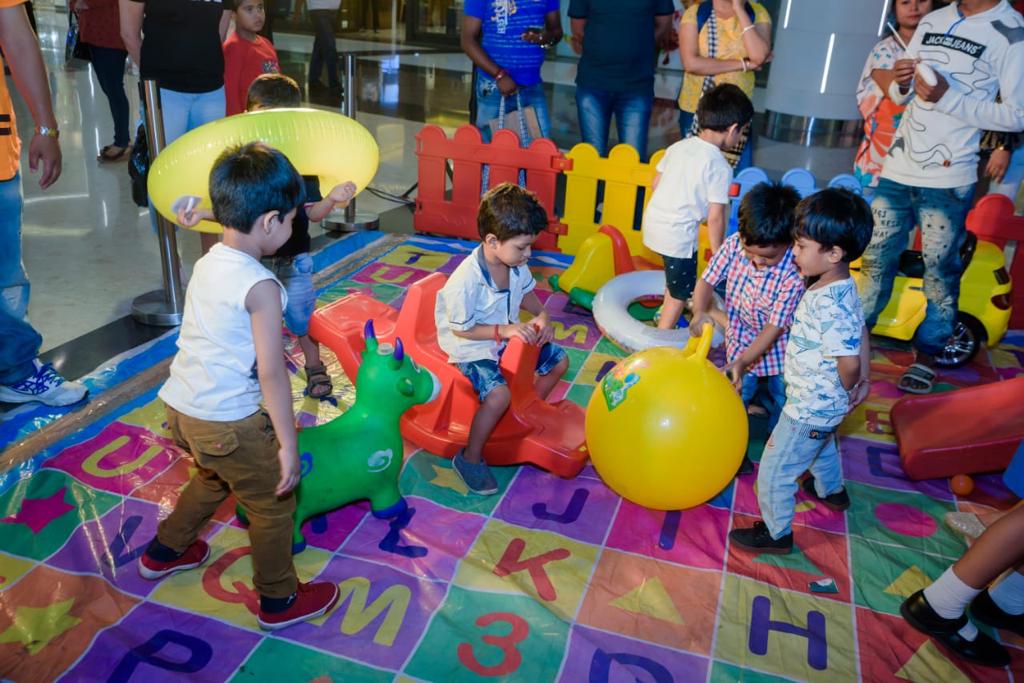Importance of Play During Early Childhood
Play is one of the best ways in which children learn and develop. It is an important part of early childhood and children develop a lot of essential skills while playing. They develop creativity and social skills, language and emotional skills during play-time activities. It is very important to make sure that the early learning phases are made fun and interesting for kids. It is only when the learning is made adventurous that toddlers learn faster and retain better. The basic senses like smelling, hearing, touching, seeing and tasting develops to a great extent while children are playing.
The initial years of learning shapes a child’s future and it must be ensured that entire process turns out to be fruitful for the child as it impacts his/her adulthood too. A kid’s initial years at the preschool are vital to his mental and physical growth. According to research, imaginative play helps in building a child's social skills and identity.
The benefits of playing are as follows;

Improves Intelligence
Playing is associated with higher intelligence in later life. A research suggests that offering new toys to kids and letting them play leads to higher IQ level by the age of 3. Playing enhances a child's social, cognitive and linguistics development.
Enhances Creative Thinking
One of the most important advantages of play-time activities is it increases a child's creativity. Creativity can be defined as the ability to think "out of the box". Playing is related to unique thinking and there have been various experiments that suggested that playing lead to higher creative qualities among preschoolers.
Improves Communication and Language Skills
A play-time activity enhances the communication and language skills among kids. Studies suggest that pretend plays improve language and writing skills among toddlers. It also allows preschoolers to practice their vocabulary skills and help children bond with other kids too.
Grows Social Competence and Empathy
Playing allows toddlers to interact with other kids. While playing together, kids learn to share and follow the rules and they generally learn to cooperate with other children in the playgroup. Children who love to play tend to be happier, brighter and more adaptive. Children learn to be more empathetic while playing.
Improves Physical and Mental Health
Playing involves physical activities and is advantageous to physical and mental health. So, kids should be allowed to play freely and have fun.
Teaches Important Lessons To Kids
Children learn a lot of life's important lessons while playing and it helps them deal with their difficulties in their own ways. While pretend playing when children play different roles it allows them to rehearse their future social skills.
“All work and no play makes Jack a dull boy”. So, let your child learn through playing. At Little Bright Stars, we organize unique play time activities for kids and help them learn in creative and interesting ways so that they learn better.